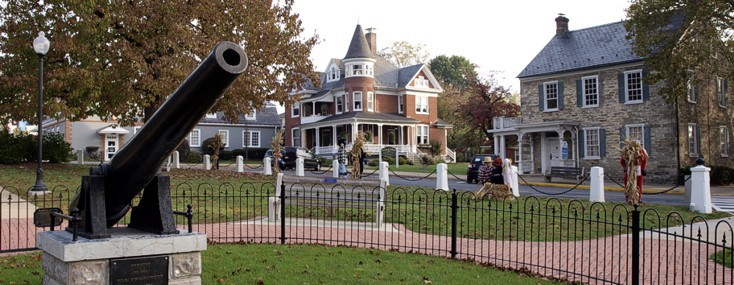These voters will pick the next president. They’re frightened about American democracy.
“I almost feel numb to it,” one focus group participant said of the violence on Jan. 6.
January 17, 2024 | Zach Montellaro | Politico
NAZARETH, Pennsylvania — Earlier this month, 15 voters in this closely contested area of Pennsylvania convened to discuss the state of American democracy. …
The focus group was brought together by Keep Our Republic, a nonprofit and nonpartisan organization that seeks to educate the public about strengthening the democratic system. It was convened in Northampton County, Pennsylvania, a swing county in one of the most important swing states in the nation. …


